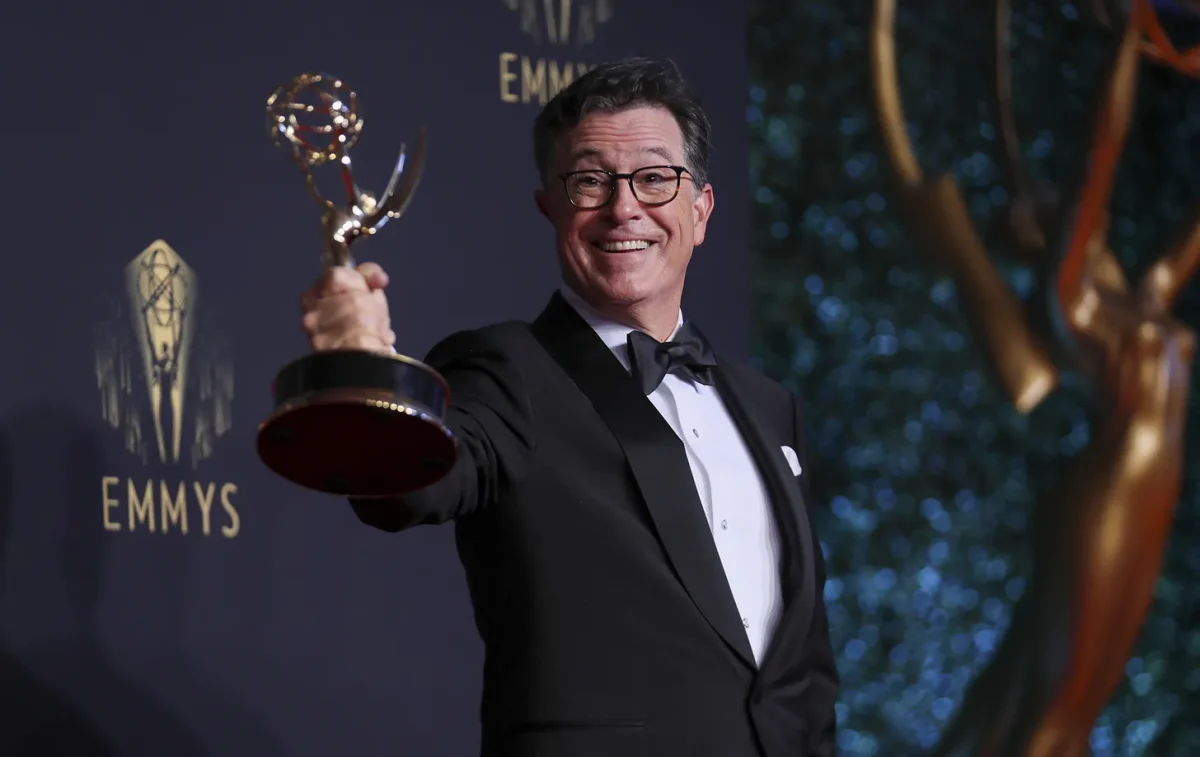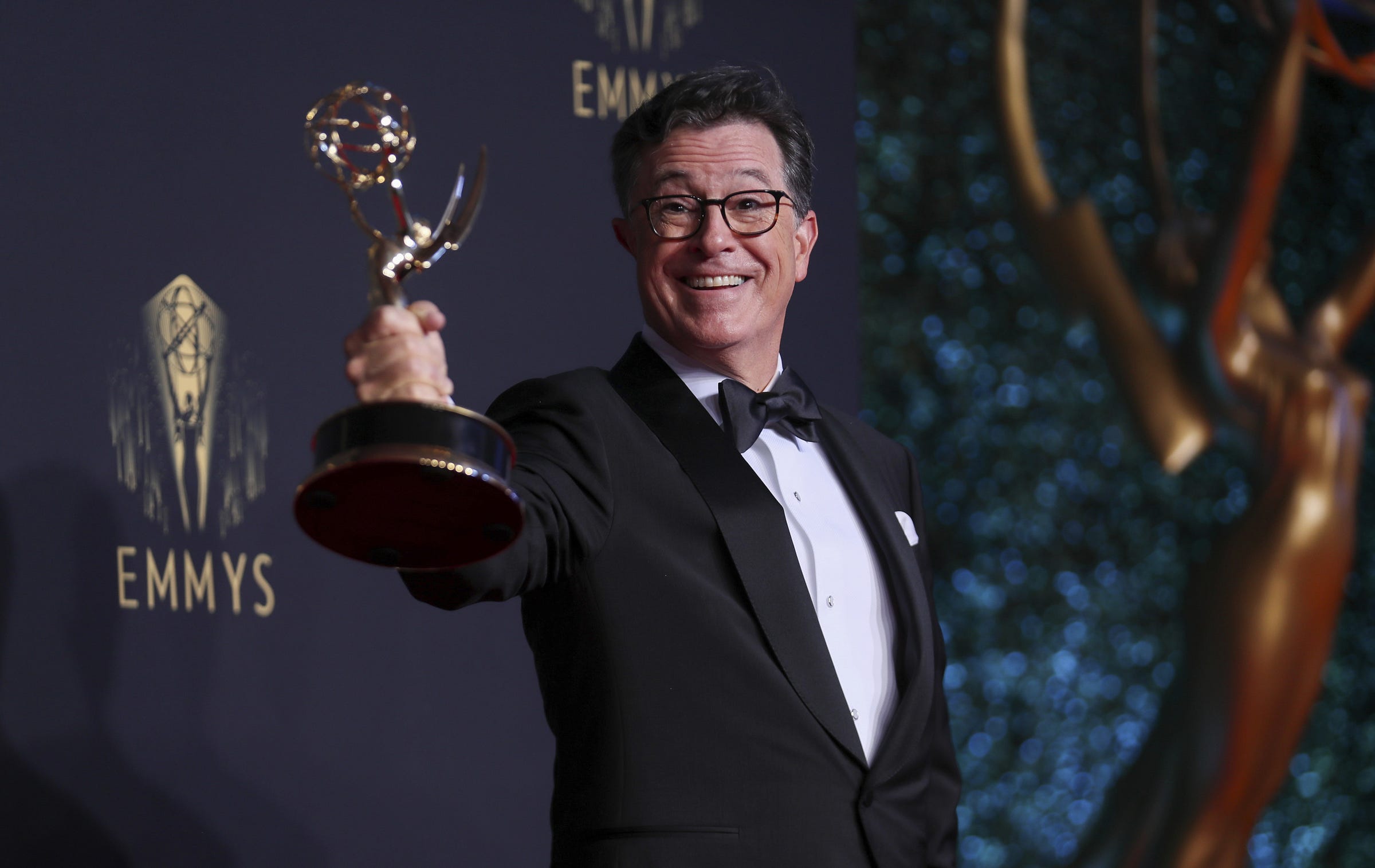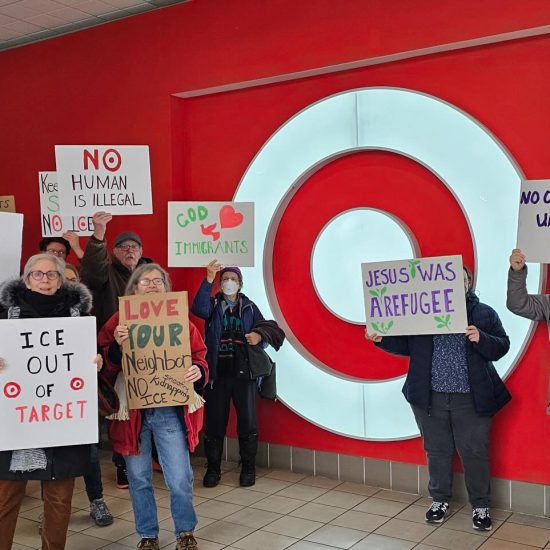
Usually when a comedian is performing and the audience boos, it’s because the material — or the delivery — is coming up short. But that wasn’t the case last Thursday (July 17) when Stephen Colbert made the shocking announcement on-air that CBS is ending The Late Show in May.
Many in the crowd reacted by booing and yelling, “Noooo!” After a brief pause, Colbert said, “Yeah, I share your feelings. It’s not just the end of our show … I’m not being replaced. This is all just going away.” The Late Show started with David Letterman in 1993 and has been helmed by Colbert since 2015.
The official reason given for this by CBS executives is that it was “purely a financial decision against a challenging backdrop in late night.” But despite some real difficulties, The Late Show With Stephen Colbert has been a dominant No. 1 in ratings for nine consecutive seasons, won a Peabody in 2020, and even received two Emmy nominations earlier last week. The timing of all this is suspicious — to say the least.

Stephen Colbert holds an Emmy he won in Los Angeles, California, on Sept. 19, 2021. (Danny Moloshok/Invision for the Television Academy via AP)
To truly understand the cancellation, it is important to bring in a bit of corporate context. CBS is owned by Paramount, and Paramount is looking to merge with Skydance. In order for the sale to go through, it needs to be approved by the Federal Communications Commission, which is currently run by Trump loyalist Brendan Carr. And what could convince them to approve this merger that is worth billions of dollars? Possibly some classic corruption.
Trump (who the Supreme Court said cannot be sued himself) recently sued Paramount over what he falsely claimed was a deceptively edited interview that 60 Minutes conducted with then-Democratic presidential candidate Kamala Harris. But while virtually all legal experts agreed the lawsuit was meritless and would never be won due to First Amendment constitutional protections, Paramount agreed to a $16 million settlement earlier this month.
“[Paramount] released a statement where they said, ‘You may take our money, but you will never take our dignity. You may, however, purchase our dignity for the low, low price of $16 million. We need the cash,’” remarked Colbert during his July 21 monologue, just days before the cancellation news.
“Now, I believe this kind of complicated financial settlement with a sitting government official has a technical name in legal circles. It’s ‘big fat bribe,’” he joked. “I don’t know if anything, anything will repair my trust in this company but, just taking a stab at it — I’d say $16 million would help.”
Apparently, Colbert’s corporate overlords didn’t have a sense of humor about this. And it wasn’t long before Trump took to social media to revel in The Late Show’s cancellation, posting on Truth Social, “I absolutely love that Colbert got fired. His talent was even less than his ratings.” So this issue of A Public Witness explores what the ending of a significant comedy institution means in light of the fact that Colbert is one of the most prominent Christians in popular culture today.
Speaking Truthiness to Power
Colbert’s status as the leading comedic critic of Trump didn’t come out of nowhere. Long before criticizing Paramount and Trump, Colbert had already developed a reputation as one who would boldly speak truth to power.
After gigs at several comedic shows, Colbert’s breakout came when he joined The Daily Show in 1997. Rather than being himself, Colbert embodied a parody of conservative pundits like Bill O’Reilly. He also showed himself to be the correspondent most up on religion, including with his regular “This Week in God” segment. Due to the popularity of his character, he received his own spinoff show in 2005, The Colbert Report, which he hosted for nine years until replacing the retiring Letterman. It was during his time on The Colbert Report that he often left the studio to offer prophetic critiques of political, media, and economic issues — often while satirically staying in character.
The first such significant moment came when Colbert delivered the keynote at the 2006 White House Correspondents’ Association Dinner with President George W. Bush sitting nearby. In the first part of the speech, Colbert offered a blistering critique of Bush all while pretending to praise Bush.

The rest of this piece is only available to paid subscribers of the Word&Way newsletter A Public Witness. Subscribe today to read this essay and all previous issues and receive future ones in your inbox.






